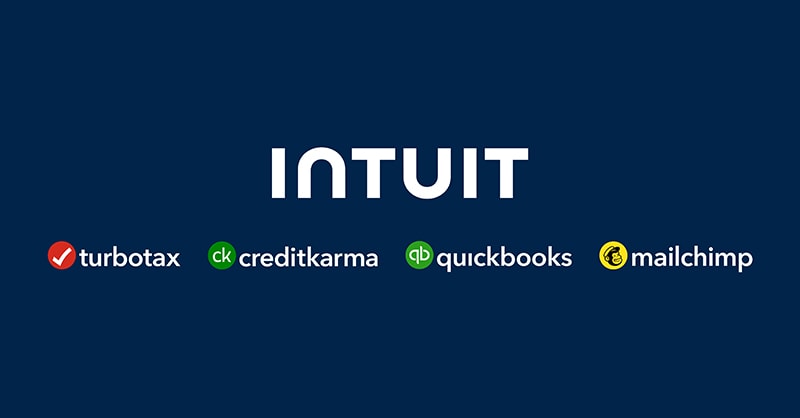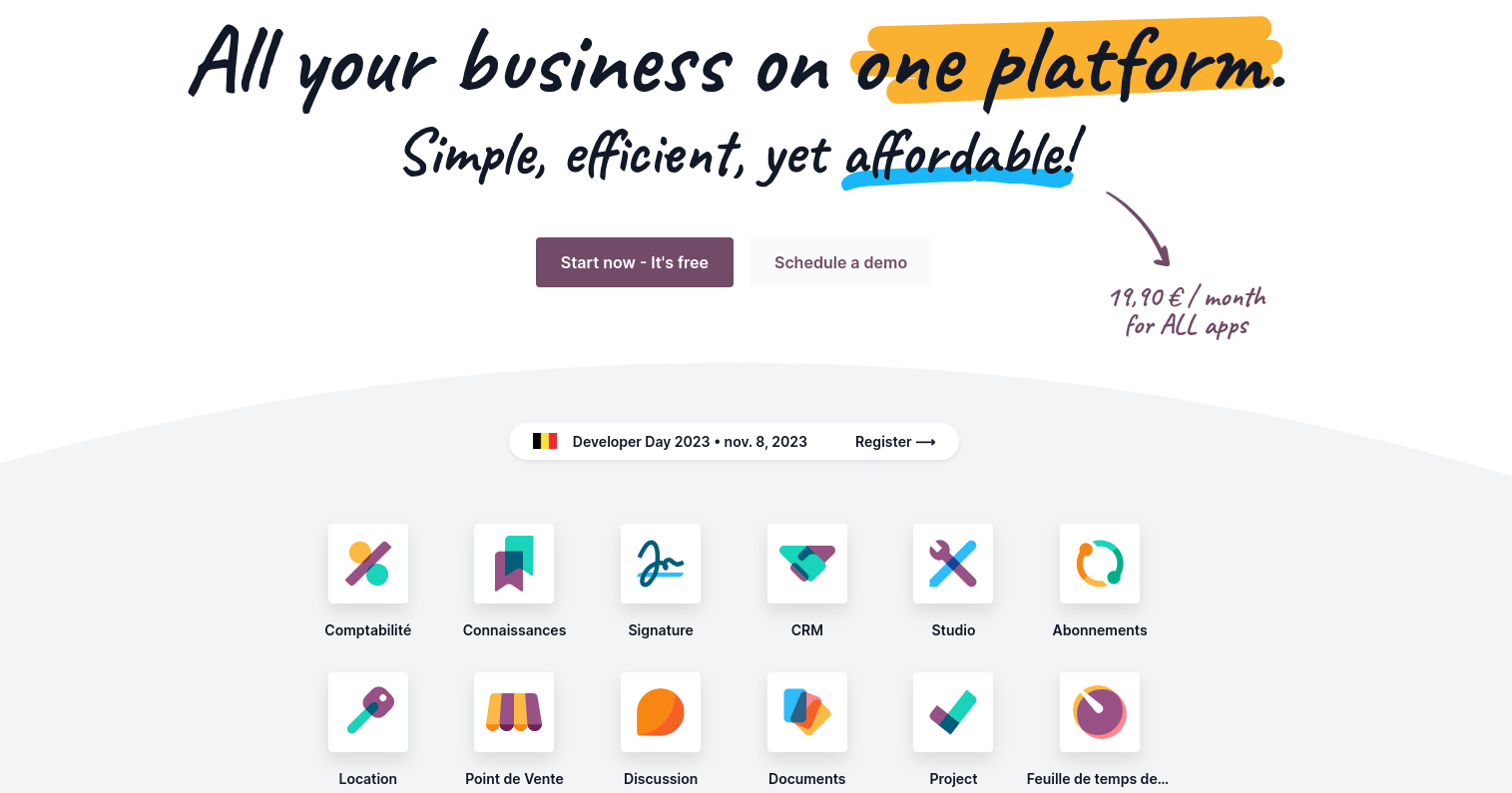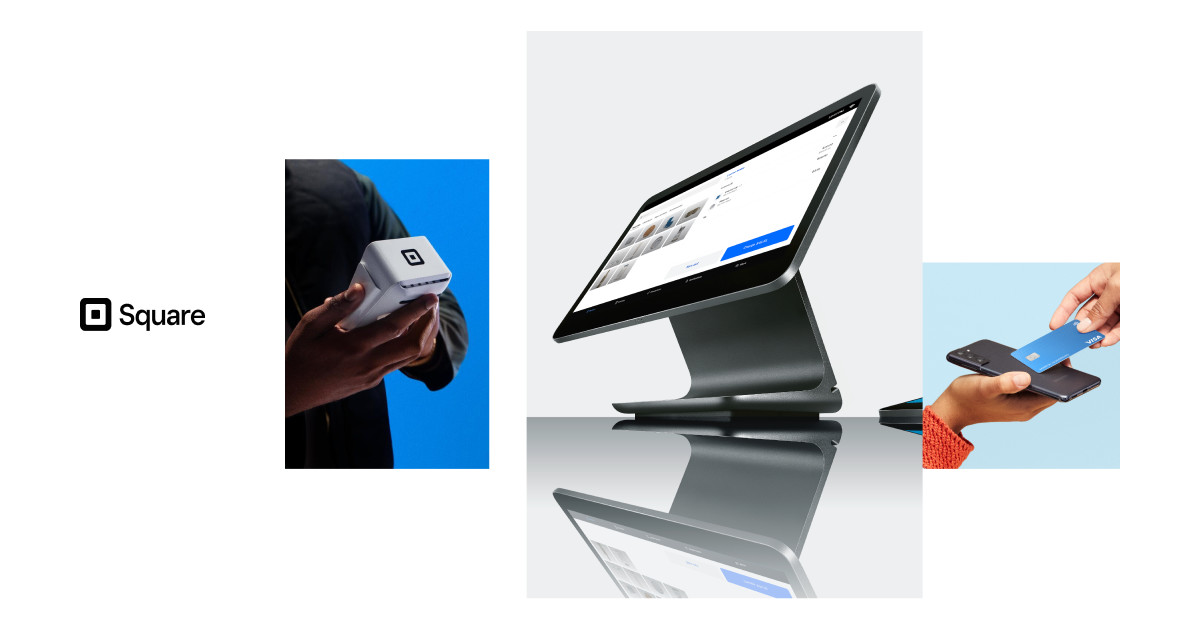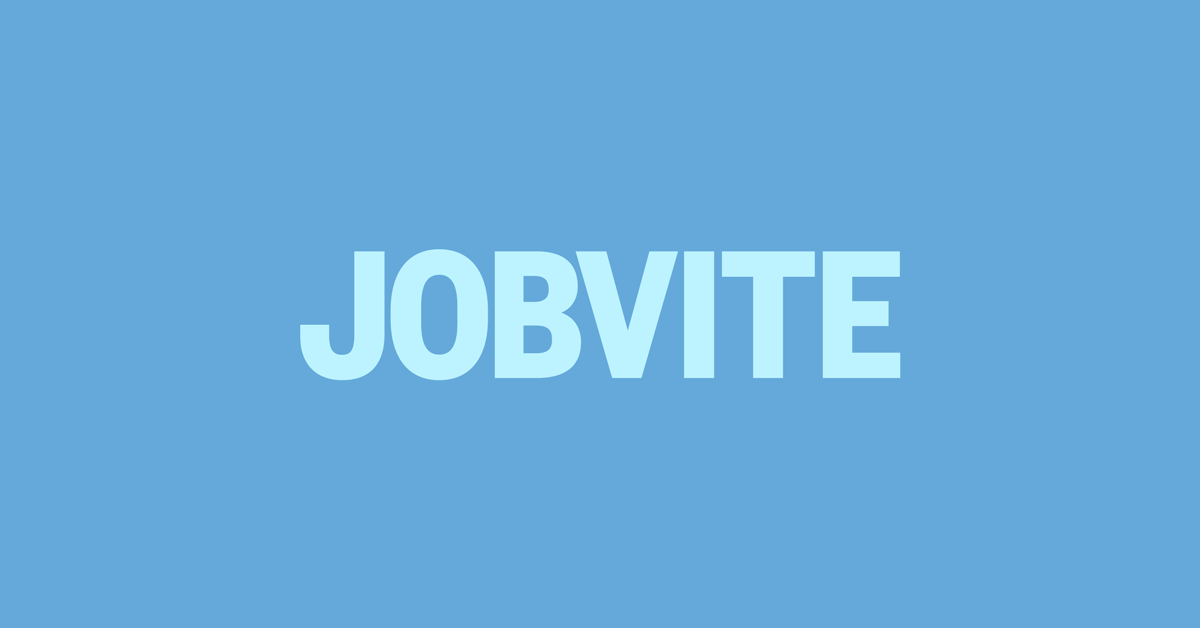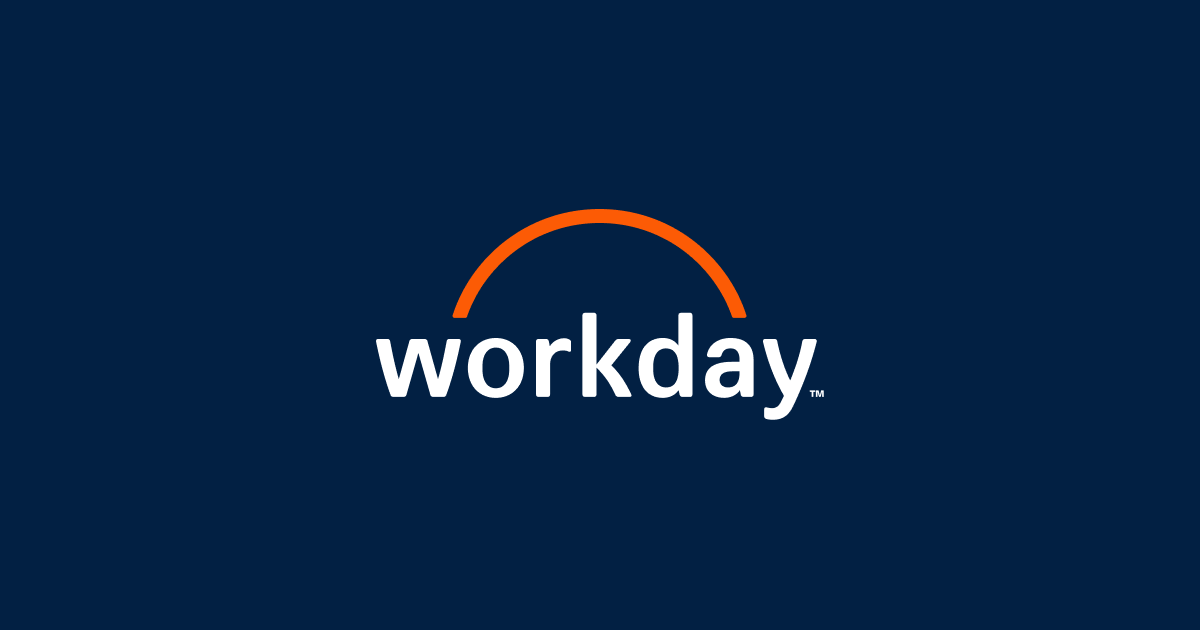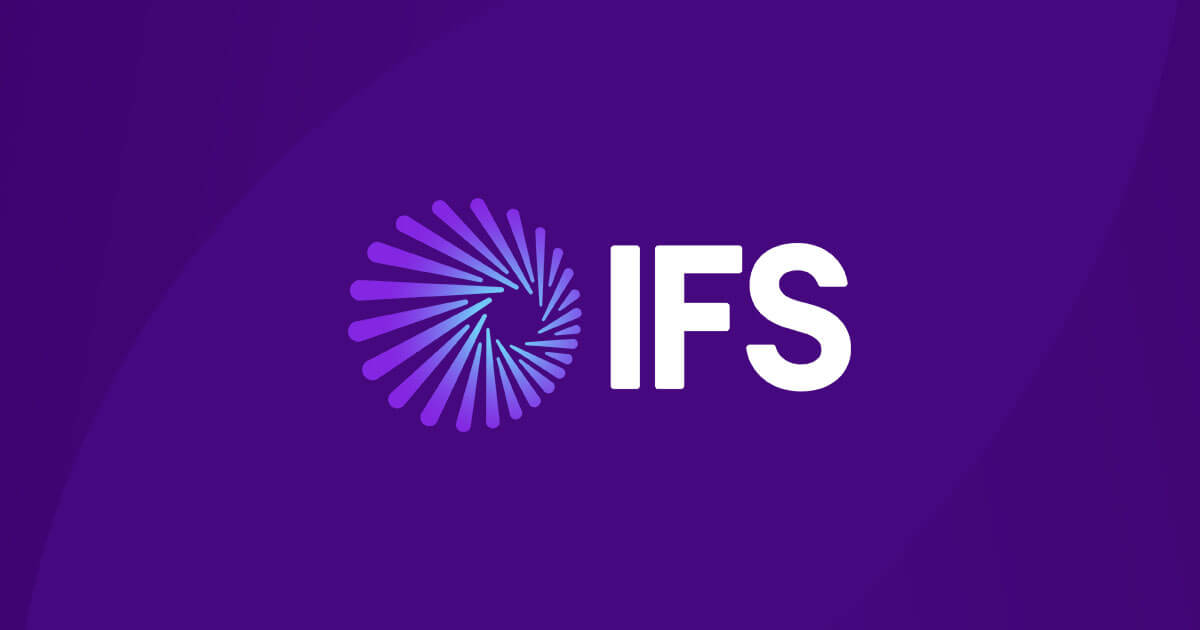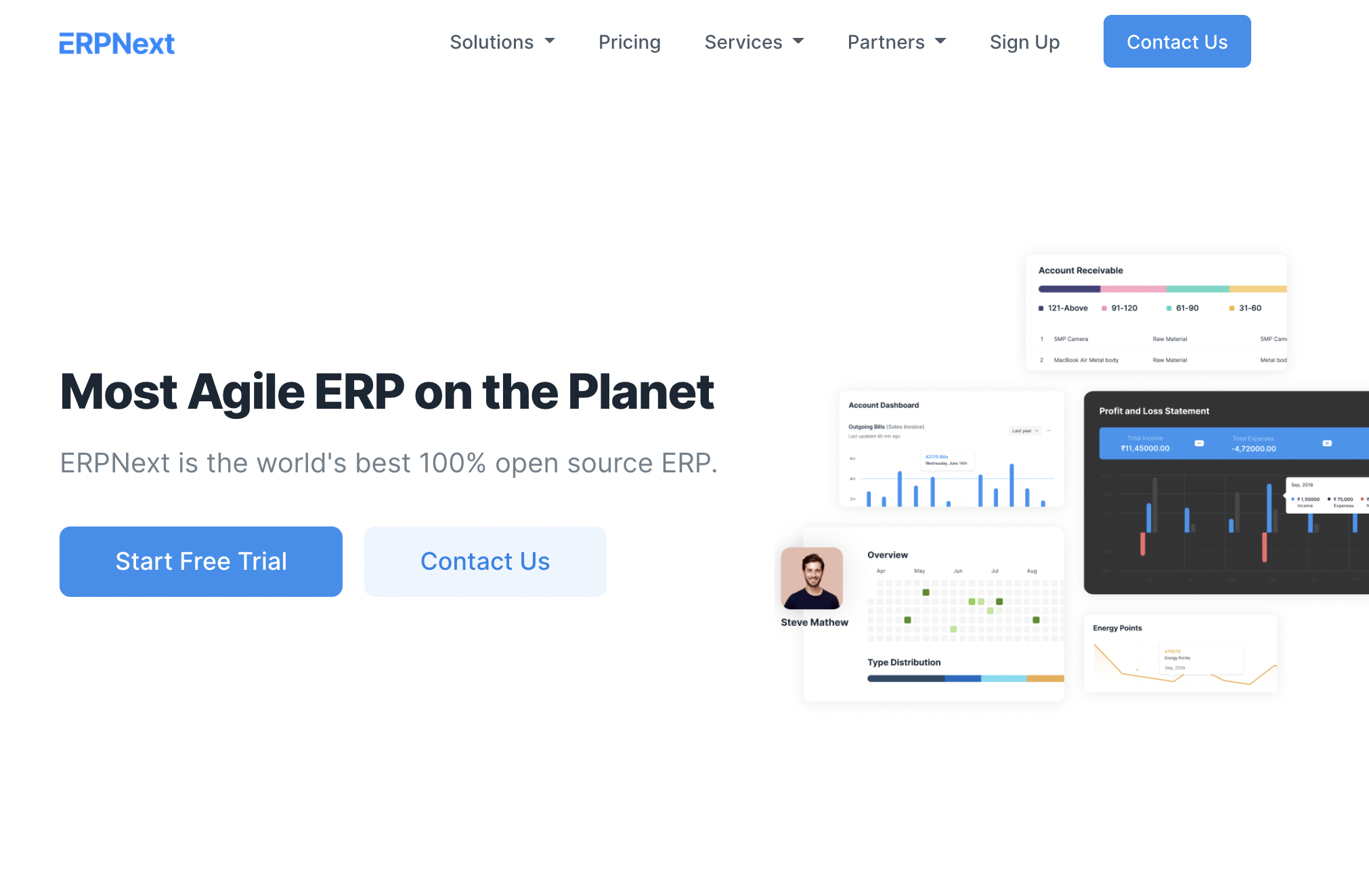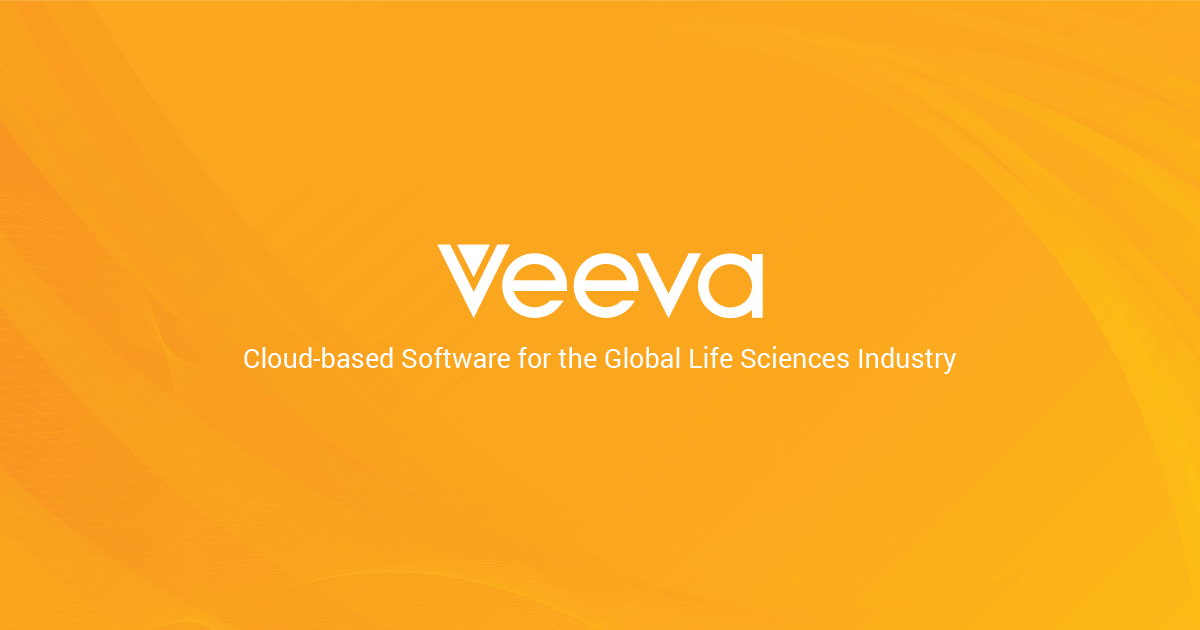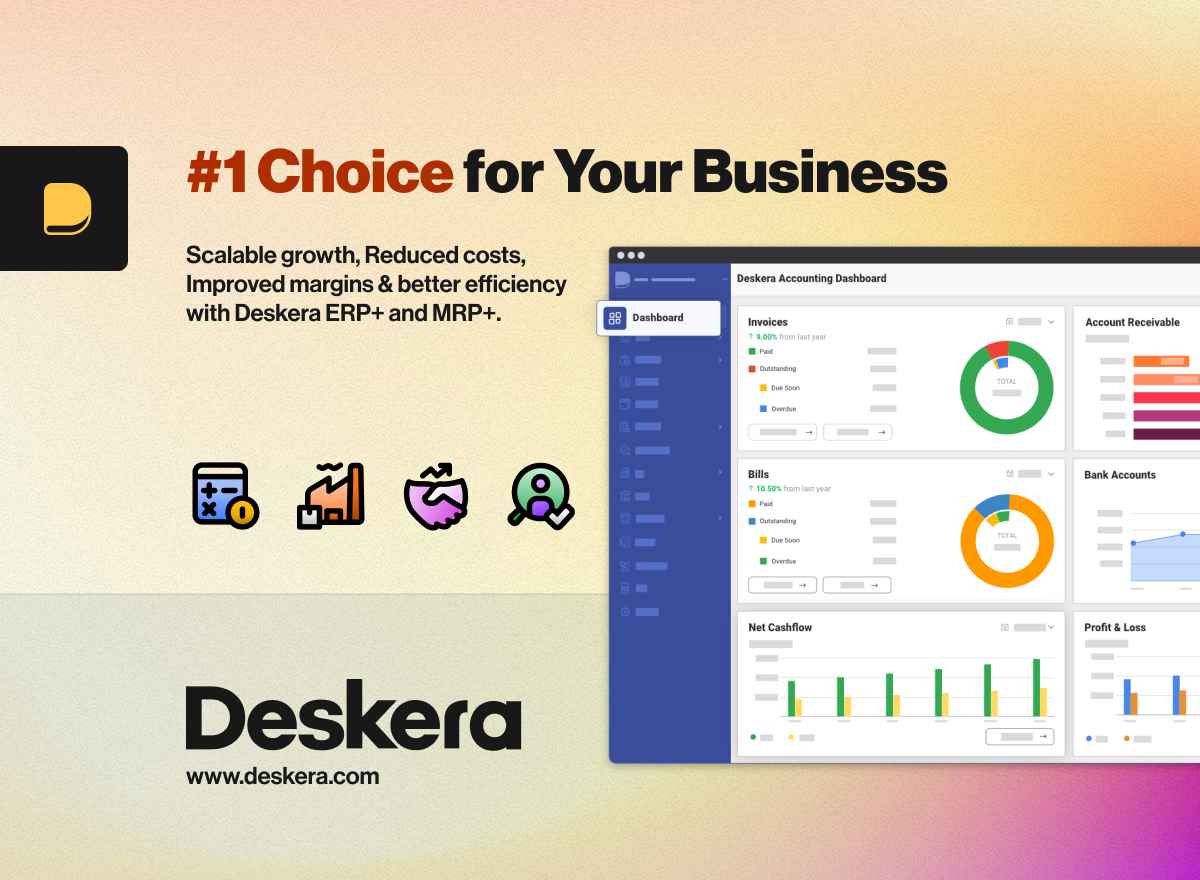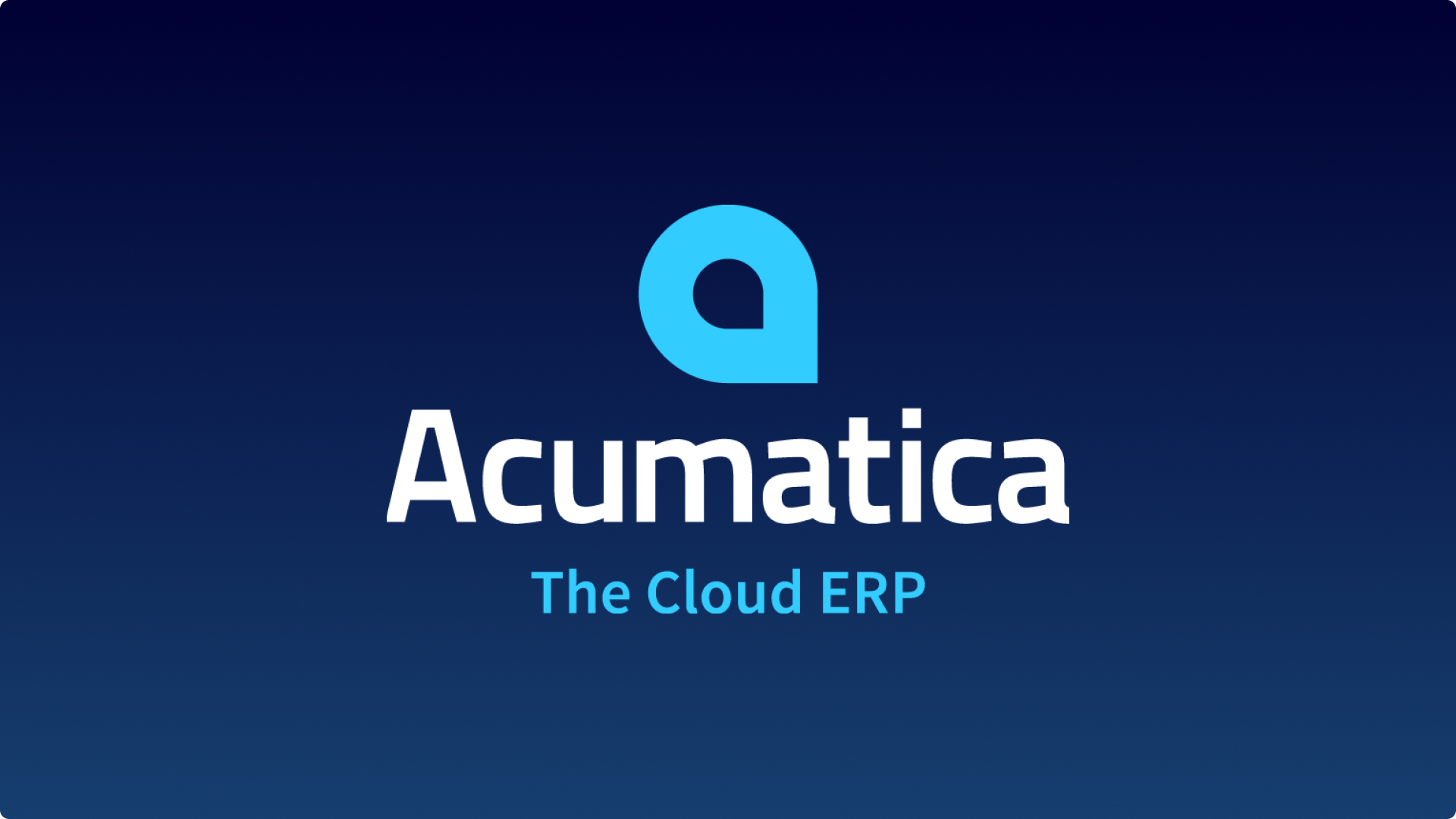Introduction
As business needs continue to evolve in an increasingly digital world, selecting the right enterprise resource planning (ERP) software has become more important than ever. ERP systems are designed to integrate various business functions like inventory, accounting, customer relationship management, human resources and more into a unified solution. This blog analyzes and evaluates 15 top ERP tools using key criteria to help businesses identify the best options for optimizing operations and fueling growth in the new year.
Methods of Evaluation
To determine the top 15 ERP software options, we considered factors like number of features, functionality for specific industries, customer satisfaction ratings, pricing affordability and ease of use. We also leveraged metrics like number of backlinks, traffic and keyword trends to understand a company’s online presence and popularity. Integrating both conventional evaluation criteria along with digital metrics provided a well-rounded perspective on each software’s leadership and ability to deliver value to businesses in 2023.
1. QuickBooks Enterprise
QuickBooks Enterprise is an industry-leading ERP software developed by Intuit, the makers of QuickBooks, TurboTax and Mint. Focused on serving the needs of larger small-to-mid sized businesses, QuickBooks Enterprise provides a robust and feature-rich solution for accounting, inventory, manufacturing and more.
Pros: Some key advantages of QuickBooks Enterprise include:
– Feature-rich for larger small businesses with advanced reporting and analytics
– Robust manufacturing and inventory tools for companies with a high volume of products
– Tight integration with QuickBooks Online for easy data migration and syncing between online and desktop
Cons: One potential disadvantage is the higher upfront and ongoing costs compared to other QuickBooks products or simpler accounting software, making it a more significant investment best suited for larger small businesses.
Pricing: Pricing for QuickBooks Enterprise starts at around $400 per user per year for the basic subscription. Additional modules, support plans and services are extra. Discounts are available for annual plans and larger quantities of users.
Some key stats about QuickBooks Enterprise include:
– Used by over 700,000 companies worldwide
– Integrates with over 300 apps and services
– Supports multi-user access and sophisticated permissions
– Can handle inventory for over 65,000 items
2. SAP
SAP is a German multinational software corporation that makes enterprise software to manage business operations and customer relations. SAP ERP software solutions help companies with financials, manufacturing, supply chain management, project management and more. Originally founded in 1972, SAP is headquartered in Walldorf, Germany and has over 345,000 customers in more than 180 countries.
Pros: Some key advantages of SAP include:
– Industry-leading enterprise software
– Offers solutions for all business functions such as finance, supply chain, HR, project management etc.
– Extensive customization and integration options
Cons: A potential disadvantage is that the initial setup and implementation of SAP can be expensive and time-consuming for larger deployments due to its breadth of functionality.
Pricing: SAP pricing varies based on the solutions, industries, number of users and customizations required. Basic solutions start at around $100 per user per month while more complex deployments with additional modules, integrations and custom work can cost over $1000 per user per month.
Some key stats about SAP include:
– Over 100,000 customers use SAP S/4HANA, their next-gen ERP solution
– SAP employs over 100,000 people globally
– SAP processes over 78 billion transactions per day for customers
3. Odoo
Odoo is an all-in-one open source ERP and CRM software developed by Odoo SA. It provides a complete suite of business applications including accounting, sales, purchasing, inventory, manufacturing, CRM, project management, website, e-commerce, etc. out of the box.
Pros: Some key advantages of Odoo include:
– It provides a unified and integrated platform for all business functions instead of separate modules
– A wide range of industry-specific apps available for verticals like manufacturing, education, healthcare, agriculture etc.
– Being open source, it can be customized as per business requirements easily
Cons: One potential disadvantage of Odoo could be the learning curve required to customize and extend the software as per specific business needs since it is open source.
Pricing: Odoo offers flexible pricing models including both open source and SaaS options. For the open source version, there is no cost but support needs to be purchased separately. Alternatively, it offers a Odoo Enterprise subscription starting from $90 per user per year.
Some key stats about Odoo include:
– Used by over 5 million users worldwide
– More than 130,000 downloads per month
– Translated into over 40 languages
– Supported industries include manufacturing, services, nonprofit, education, healthcare, agriculture and more
4. Intuit QuickBooks POS
Intuit QuickBooks POS is a point of sale software developed by Intuit for small and mid-sized businesses. It allows businesses to complete sales, manage inventory, and track customers and employees directly from the POS system or through a mobile device.
Pros: Some key advantages of Intuit QuickBooks POS include:
– Easy to use point of sale interface optimized for retail and restaurants
– Integrates seamlessly with QuickBooks Online for accounting and inventory management
– Allows sales to be completed from a countertop POS or directly on a mobile device
– Offers customer relationship features like loyalty programs and gift cards
Cons: A potential disadvantage is that Intuit QuickBooks POS requires a monthly subscription fee to use unlike some one-time purchase point of sale solutions.
Pricing: Intuit QuickBooks POS pricing starts at $39 per month for a single user or device. Additional fees apply for extra devices, users or integrated services like payments and inventory tracking.
Some key stats about Intuit QuickBooks POS include:
– Used by over 700,000 businesses worldwide
– Integrates with QuickBooks Online accounting software
– Offers both online and offline functionality for 24/7 operations
– Customizable receipts and reports
5. Jobvite
Jobvite is an applicant tracking system and HR software tool focused on talent acquisition. Founded in 2003, Jobvite helps over 3,000 customers source, engage, hire and onboard top talent. The software allows users to streamline complex recruiting workflows, attract and engage candidates across multiple channels, and gain insights to improve hiring outcomes.
Pros: Some key advantages of Jobvite include:
– Recruiting focused functionality ideal for talent acquisition teams
– Applicant tracking that allows users to source, engage and hire candidates in one place
– Onboarding tools to streamline the new hire experience
– Well suited for growing mid-sized companies with scalable applicant tracking
Cons: One potential disadvantage is Jobvite may have fewer overall HR features compared to larger enterprise HRIS platforms. It is primarily focused on recruiting rather than serving as a full suite HCM solution.
Pricing: Jobvite offers four main pricing tiers based on the number of requisitions/hires per year:
– Essentials ($99/month) – For fewer than 50 reqs/hires annually
– Advantage ($199/month) – For 50-200 reqs/hires
– Pro ($399/month) – For 200-500 reqs/hires
– Elite ($799/month) – For 500+ reqs/hires
Some key stats about Jobvite include:
– Over 3,000 customers worldwide
– Processes over 50 million applications each year
– Integrates with over 150+ HR systems like Workday, Zenefits, and SmartRecruiters
– Available in 11 different languages
6. Workday
Workday is a leading provider of enterprise cloud applications for finance and human resources. Founded in 2005, Workday helps thousands of companies around the world adapt and thrive in an era of digital transformation. The Workday platform offers financial management, human capital management, planning, and analytics applications in a single, integrated cloud suite.
Pros: Some key advantages of Workday include: integrated HCM and finance cloud suite, strong support for large global enterprises, powerful analytics and planning capabilities, modern user experience tailored for mobile and web.
Cons: One potential disadvantage is that as a comprehensive cloud suite, Workday may be overkill for some smaller companies with less complex needs who only require a specific HR or finance module.
Pricing: Workday pricing depends on the modules, users, and services required. It typically offers annual or multi-year subscription packages. For example, a package including core HCM and financials may start around $65 per user per month for 500+ users.
Some key stats about Workday include: serves over 5,000+ customers worldwide across industries like healthcare, finance, manufacturing, and professional services. Processes over $1 trillion in transactions annually on its platform. Employs over 10,000 employees globally.
7. Infor
Infor is a leading provider of industry-specific enterprise resource planning (ERP) software. Founded in 1902, Infor builds beautifully designed software tailored for specific industries like manufacturing, distribution, healthcare, and more. With over 16,000 employees worldwide, Infor maintains a network of implementation partners to provide local support across 190 countries.
Pros: Key advantages of Infor ERP include:
– Specialized industry functionality tailored to specific business processes out of the box
– Excellent manufacturing capabilities for MRP, production scheduling, inventory management etc.
– Strong global implementation network for local support and faster go-lives
Cons: A potential disadvantage is that Infor solutions are not as widely known as some other large ERP vendors which could make finding implementation partners or troubleshooting resources more difficult in some regions.
Pricing: Infor offers flexible pricing models including perpetual licenses, subscription licensing, and software as a service (SaaS). Pricing depends on the chosen modules, number of users, and desired customizations. Contact Infor sales for a customized quote.
Some key stats about Infor ERP include:
– Over 68,000 customers globally
– Implemented in industries like automotive, fashion, food & beverage, healthcare, and more
– Purpose-built for the cloud with 99.99% uptime guarantee
– Deployed on public clouds like AWS, Microsoft Azure, and GCP
8. Shopware
Shopware is a leading open-source ecommerce platform for building sophisticated online stores. Founded in Germany in 2008, Shopware has over 400,000 online stores powered by its platform. Shopware offers a feature-rich yet flexible platform to build customized online stores.
Pros: Some key advantages of Shopware include:
– Feature-rich platform for building full-featured online stores
– Highly customizable and flexible platform via the advanced plugin and theme system
– Seamless integration with other business systems like ERP, POS, PIM etc. via APIs
– Mobile-optimized and responsive design for cross-device shopping
Cons: A potential disadvantage of Shopware could be the learning curve required to customize the platform and build complex storefronts compared to simpler drag-and-drop focused platforms.
Pricing: Shopware offers 4 different pricing plans – Start, Grow, Scale and Enterprise. Pricing begins at $199 per month for the Start plan which includes core platform features and up to 2 staff accounts. Higher tier plans offer additional features, staff accounts and premium support.
Some key stats about Shopware include:
– Over 400,000 online stores powered globally
– Available in 15 languages
– Integrates with over 150+ payment gateways and shipping carriers
– Extensive app store with over 1,000+ custom extensions
9. Epicor
Epicor is an American software company that provides ERP software solutions. Founded in 1972, Epicor has over 45 years of experience developing software for manufacturing, distribution, retail, and various other industries. Their flagship ERP product, Epicor ERP, provides a comprehensive and fully integrated solution to manage critical business functions and processes.
Pros: Key advantages of Epicor ERP include:
– Affordable pricing targeted towards small and midsize businesses
– Robust manufacturing and distribution functionality built specifically for those industries
– Easy to configure and use interface that minimizes customization needs
– Large library of templates and industry-specific features pre-built
Cons: A potential disadvantage is that Epicor ERP may not be as fully-featured as other large ERP vendors, so it may not be suitable for very large or complex enterprise needs.
Pricing: Epicor ERP pricing starts at around $150 per user per month for the basic on-premise version. Cloud versions start at $75 per user per month. Pricing can vary based on industry, modules, users, and other customization needs. Epicor also offers flexible licensing models including annual or monthly subscriptions.
Some key stats about Epicor ERP include:
– Used by over 20,000 customers worldwide across various industries
– Over 45 years of ERP software experience and development
– Supports industries like manufacturing, distribution, retail, hospitality, and more
– Features cloud, on-premise, and hybrid deployment options
10. Industrial and Financial Systems (IFS)
IFS develops and delivers enterprise software solutions including ERP, EAM, FSM and ESM to manage assets, service operations, and manufacturing worldwide. Established in 1983, IFS has over 3700 employees and offices in over 80 countries. IFS focuses on industries like aerospace & defense, engineering & construction, utilities, and manufacturing.
Pros: Some key advantages of IFS solutions include:
– Advanced manufacturing and service capabilities within a single unified platform
– Robust asset management and maintenance functionality
– Flexible deployment options between on-premise, cloud, or hybrid
– Global implementation experience through extensive partner and customer support network
Cons: A potential disadvantage is that the upfront licensing and implementation costs for IFS solutions can be higher compared to some other ERP vendors depending on the organization’s size and needs.
Pricing: IFS solutions pricing is customized based on organizational size, requirements, and services needed. It offers both annual licensing and rental/ subscription models. Contact an IFS sales representative for a customized quote.
Some key stats about IFS include:
– Over 6000 customers worldwide
– Implementations in over 80 countries
– Over 3700 employees
– 40+ years of industry experience
– ISO 27001 certified information security
– Recognized in Gartner and Forrester reports for ERP and other categories
11. ERPNext
ERPNext is an open source ERP software developed by Frappe Technologies Pvt Ltd. ERPNext allows organizations to manage accounting, inventory, manufacturing, CRM and many other business processes on a single integrated platform. Some key features of ERPNext include inventory management, accounting, sales and purchase modules.
Pros: Key advantages of ERPNext include:
– Free and open source software with no vendor lock-in
– Highly customizable via community enhancement and app store
– Robust basics like accounting, inventory and manufacturing out of the box
– Mobile responsive design for managing business on the go
Cons: One potential disadvantage is that as an open source project, it may not receive support from a large dedicated vendor. However, the active global community helps address issues and enhancements.
Pricing: ERPNext has a freemium pricing model. The open source version can be self-hosted at no cost. For hosted versions, pricing starts from $25/user/month for the basic package with support and upgrades.
Some key stats about ERPNext include:
– Used by over 50,000 companies globally
– Available in over 40 languages
– Free and open source platform
– Integrates with over 50 apps for additional functionality
12. Veeva Systems
Veeva Systems is a leader in cloud-based software for the global life sciences industry. Founded in 2007, Veeva is headquartered in Pleasanton, California and provides a variety of solutions to help life sciences companies manage clinical, regulatory and commercial data and processes. Some of their key solutions include Veeva Vault, Veeva CRM and Veeva Network.
Pros: Key advantages of Veeva’s products include:
– Specialized solutions tailored specifically for the life sciences industry
– Helps life sciences companies better manage critical clinical, regulatory and commercial data in one centralized system
– Strong R&D management capabilities to help streamline drug development processes
Cons: A potential disadvantage is that as a specialized life sciences solution, it may not be as flexible for companies in other industries
Pricing: Veeva offers a software-as-a-service model and pricing varies based on the exact solutions, number of users, and modules implemented. Generally annual subscription fees range from tens of thousands to over $1 million per year depending on the size and needs of the customer.
Some key stats about Veeva include:
– Over 1000 customers worldwide including all of the top 20 pharmaceutical companies
– Processes over $200B in orders annually on its Veeva OpenData platform
– Has over 4500 employees globally
13. Brightpearl
Brightpearl is an omnichannel retail management solution and ERP software designed specifically for retailers and wholesalers. Founded in 2012, Brightpearl has helped thousands of merchants simplify operations and scale their businesses. With offerings tailored for direct-to-consumer brands, Brightpearl provides a unified platform to manage orders, inventory, finances and more from a single dashboard.
Pros: Key advantages of Brightpearl include:
– Purpose-built ERP for omnichannel retailers
– Sophisticated inventory and order management features
– Flexible platform designed for fast-growing direct-to-consumer brands
Cons: One potential disadvantage is that Brightpearl is missing some finance modules found in more full-featured ERP systems. It is specifically tailored for retail operations rather than full back office needs.
Pricing: Brightpearl offers three pricing tiers: Standard, Professional, and Enterprise. Pricing starts at $99/month for up to 3 users on the Standard plan. The Professional plan is $199/month and includes additional features. Custom enterprise pricing is also available.
Some key stats about Brightpearl include:
– Used by over 2,500 merchants worldwide
– Processes over $5 billion in sales annually
– Integrates with over 100+ apps including Shopify, Amazon, and eBay
14. Deskera
Deskera is an all-in-one business software designed to help small and medium-sized businesses manage their day-to-day operations smoothly. Founded in 2011 and headquartered in Bangalore, India, Deskera offers accounting, inventory, CRM, payroll, HRMS and other business management tools on a single cloud-based platform.
Pros: Some key advantages of Deskera include:
– Cloud-based for easy accessibility from any device
– Affordable pricing structure suitable for small businesses
– Intuitive dashboard to manage all business functions from a single place
Cons: One potential disadvantage is that being an all-in-one platform, some modules may not offer as advanced features when compared to specialized software for those individual functions.
Pricing: Deskera offers three pricing tiers – Essentials, Professional and Enterprise. Monthly pricing starts from $25 per user for the Essentials plan covering basic accounting and inventory needs.
Some key stats about Deskera include:
– Used by over 5000+ businesses worldwide
– Processes over 1 million transactions per month
– 24/7 customer support
– integrated with 50+ payment gateways and banks
15. Acumatica
Acumatica is a leading provider of cloud-based ERP software. Founded in 2008, Acumatica is headquartered in New York and offers accounting, financials, CRM, manufacturing, and more as part of its all-in-one business management suite.
Pros: Key advantages of Acumatica include:
– Cloud-based so always up-to-date with no expensive on-premise server hardware or software to maintain
– Highly customizable to fit specific business processes and requirements
– Affordable pricing structure with subscription plans
Cons: One potential disadvantage is that being fully cloud-based means Acumatica is reliant on a stable internet connection to access the system. However, Acumatica has a robust infrastructure to minimize any downtime.
Pricing: Acumatica pricing starts at $150/user/month for basic functionality and scales up based on the number of users and desired modules. Custom pricing is available for large enterprises.
Some key stats about Acumatica include:
– Over 1,300 customers worldwide
– Deployed in 40+ countries
– 99.5% uptime Service Level Agreement
– Fully customizable to specific industries and business needs
Conclusion
Selecting the right ERP solution requires evaluating your unique business needs and goals. Using key criteria like features, functionality, reviews, pricing and market presence can help narrow options and identify the tools best positioned for success. The 15 platforms analyzed here represent leaders well-equipped to optimize operations and power growth. Consider your priorities and industry to choose the ERP software that will most effectively support your specific business requirements now and into the future.




